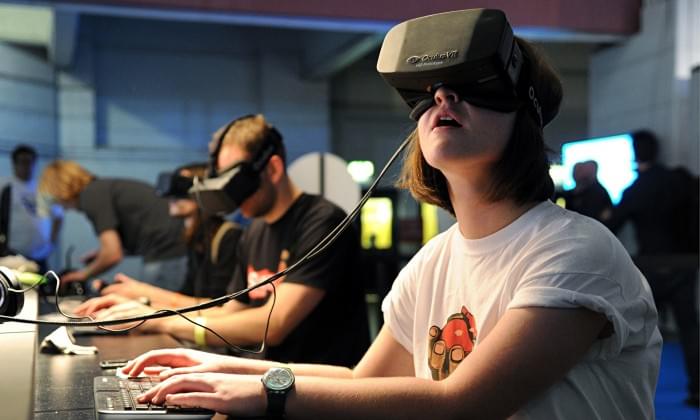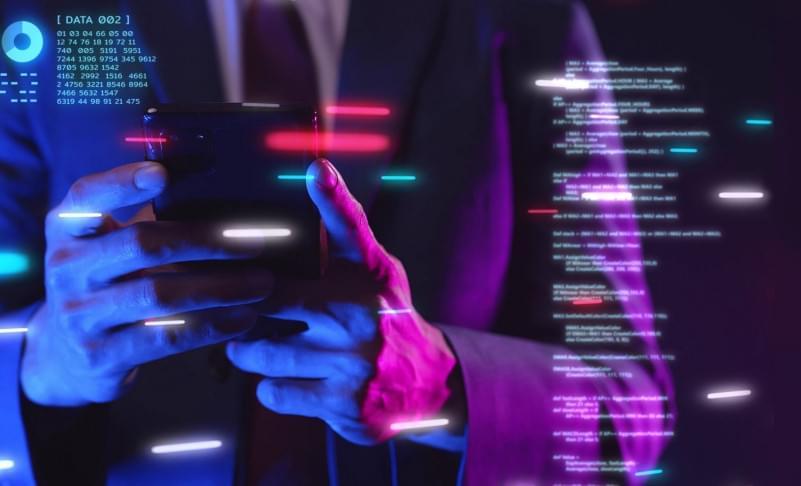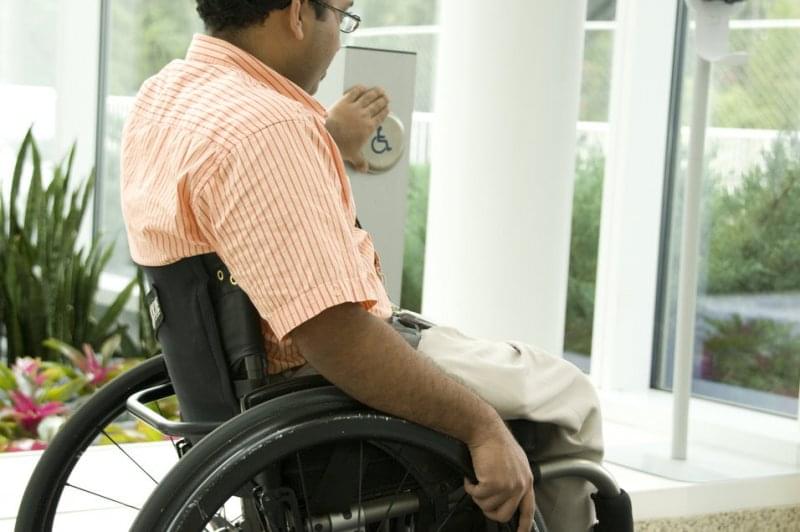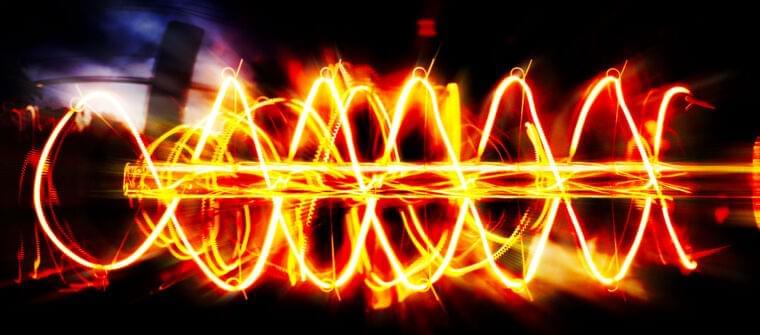We recommend that everyone use VPNs, but not all VPNs are worth using. Here are some of the sketchier VPNs to avoid.





Earlier this week Meta announced that it would begin testing tools to let creators sell things for real money in Horizon Worlds and would charge a fee of 47.5% of their earnings. The fee structure seemed at odds with prior comments from Meta which have criticized app store fees from the likes of Apple and Google. Now Apple is accusing the company of hypocrisy.
Following the news this week that Meta planned to take nearly half of a creator’s earnings in Horizon Worlds, Apple didn’t miss the chance to point out that this was coming from a company which has on multiple occasions criticized Apple’s app store fee of 30% (after 15% for the first $1 million in annual revenue).
Speaking to MarketWatch, Apple spokesman Fred Sainz had this to say:


A brighter future could be in store for people with a spinal cord injury if new animal research pans out in humans.
Mice that were paralyzed due to severe spinal cord damage regained the ability to walk within four weeks of receiving an experimental injectable therapy, say researchers led by Samuel Stupp of Northwestern University in Chicago.
The research team plans to seek U.S. Food and Drug Administration approval for the treatment to be used in people.
This compact solar concentrator could be the perfect daylight harvesting device for Singapore’s underground spaces.


